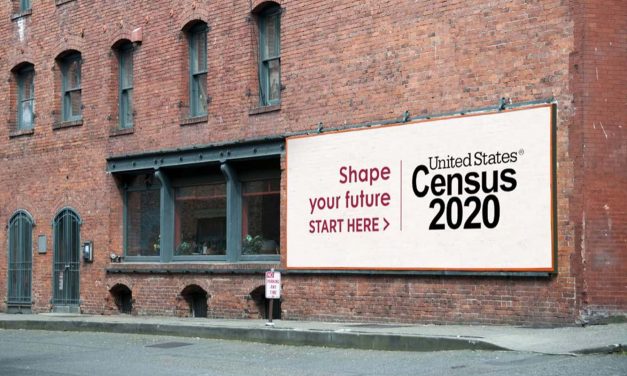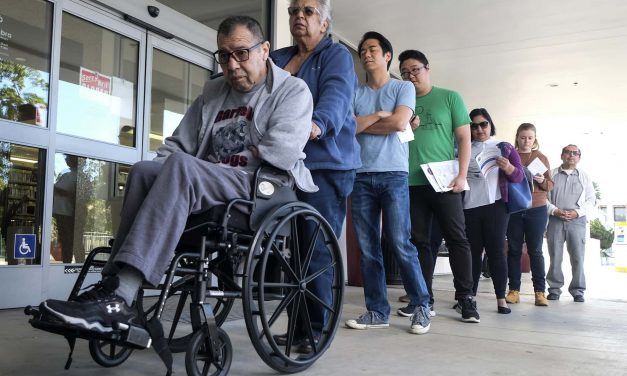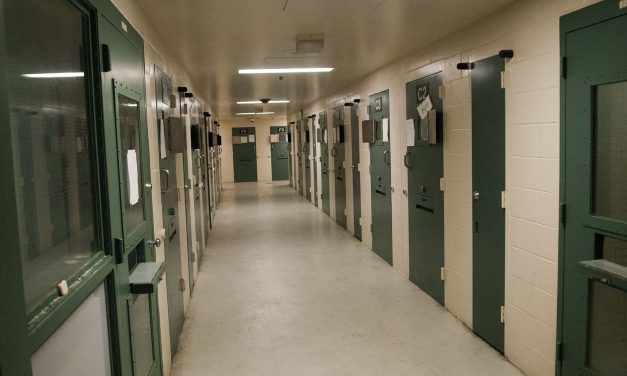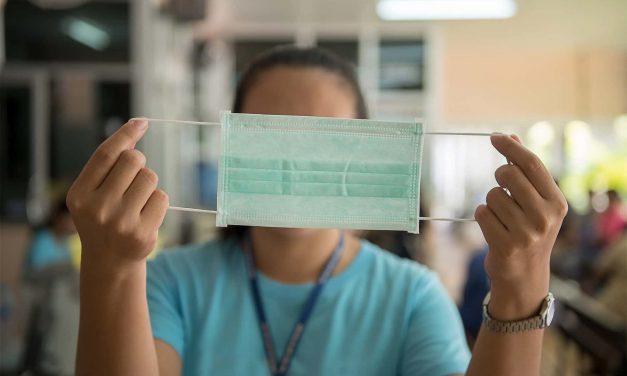Mistrust of Government: Why so many Americans refuse to answer or participate in the census
By Jessica Stanford, Demographic Analyst, University of North Carolina at Chapel Hill More than 4 million Americans may not be represented in the upcoming 2020 census. This is a problem, as the once-every-10-year census affects everything from federal funding to political representation to research projects that rely on accurate census data, like the ones my colleagues and I conduct at the University of North Carolina at Chapel Hill. The 2020 census is fraught with uncertainty for a variety of reasons, including a lack of money, a growing distrust in government and the months of debate over the now-dropped citizenship...
Read More















